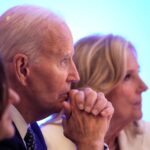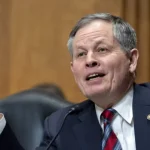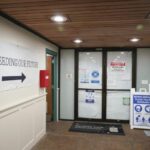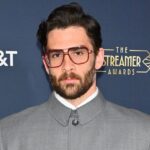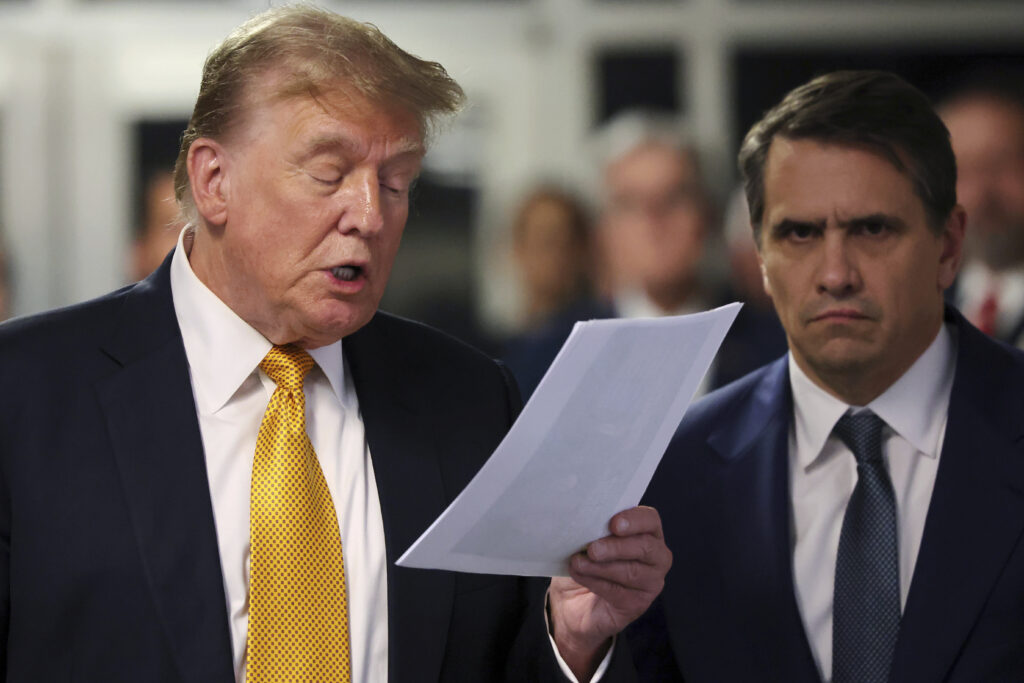
NEW YORK — In a highly anticipated conclusion to the New York hush money trial, counsel for former President Donald Trump delivered a meticulous closing argument aimed at discrediting the prosecution’s case and instilling reasonable doubt in the minds of the jurors.
Speaking calmly and methodically, defense attorney Todd Blanche guided the jury through key pieces of evidence, emphasizing that the case led by prosecutors with Manhattan District Attorney Alvin Bragg‘s office hinged on the unreliable testimony of Trump’s former lawyer, Michael Cohen.

“You cannot convict President Trump,” Blanche repeatedly told the jury, stressing the sheer weight of its future deliberations. He also emphasized a key point: that Cohen was the only witness brought by Bragg’s office who testified that Trump knew everything about the $130,000 hush money payment made to Stormy Daniels.
“There is no way that you can find that President Trump knew about this payment at the time it was made without believing the words of Michael Cohen — period,” Blanche said.
“You cannot convict President Trump of any crime beyond a reasonable doubt based on the words of Michael Cohen,” Blanche added, hitting at Cohen’s dubious credibility and saying even the prosecution described him as having a history of lying.
Blanche’s defense strategy focused on several other key points. First, he argued that the payments made to Cohen and the Trump Organization’s accounting practices were not criminal. Blanche presented excerpts from the court transcript and exhibits, including entries in the Trump Organization’s business ledgers, to support this claim. He highlighted that the defense was not required to prove anything, reminding the jury that “the burden is always on the government.”
Regarding prosecutors’ allegations of election influence, Blanche dismissed the idea that Trump or David Pecker, the former CEO of American Media Inc., believed stories in the National Enquirer could sway the 2016 election. “The idea, even if there was something wrong with it, the idea that sophisticated people like President Trump and David Pecker believed that positive stories in the National Enquirer could influence the 2016 election is preposterous,” Blanche argued, noting the publication’s limited circulation of 350,000 at the time.
Blanche also attacked the notion that a criminal conspiracy formed during a 2015 meeting at Trump Tower “when the supposed criminal conspiracy was formed.” He emphasized that there was no discussion of “catch and kill” strategies or financial arrangements at that meeting. “It wasn’t even discussed at the time the conspiracy was formed. No financial discussion. No discussion about catch and kill. Think about that,” he urged the jury.
The defense further questioned the prosecution’s narrative around the 2017 Oval Office meeting where Cohen allegedly discussed hush money payments with Trump. Blanche pointed out the lack of corroboration for Cohen’s testimony and highlighted that just six days after the purported meeting, Cohen did not know the exact amount of money he was to be paid. “That’s what he wants you to believe,” Blanche said sarcastically.
Blanche also presented the Office of Government Ethics forms from 2017, which disclosed payments to Cohen, arguing that there was no intent to defraud. He noted that the Trump Organization had properly reported these payments to the IRS. “How can it be that there was any intent to defraud by President Trump when he discloses it to the IRS, he tweets about it, and he submits it on his Office of Government Ethics forms?” Blanche asked.
Blanche also emphasized that labeling expenses from a lawyer as “legal expenses” was standard practice and not a crime. He reminded the jury that there was no evidence Trump knew about the voucher system used by the Trump Organization to process these payments at the time he was president. “There is no evidence that President Trump knew anything about this voucher system. No evidence. Not a single word,” Blanche said.
As the defense delivered its closing arguments, some jurors kept keen attention on Blanche, while others kept their eyes on monitors where testimony and documents were displayed, according to CNN.
Throughout his closing argument, Blanche reiterated that the prosecution had failed to meet its burden of proof and that convicting Trump based solely on Cohen’s unreliable testimony would be a miscarriage of justice.
“President Trump is innocent,” Blanche said. “He did not commit any crimes, and the district attorney has not met their burden of proof — period. The evidence is all in.”
CLICK HERE TO READ MORE FROM THE WASHINGTON EXAMINER
Also in the courtroom on Tuesday was Bragg, the elected Democratic district attorney, himself. Trump brought several close allies with him on Tuesday, including his adult children Donald Trump Jr., Eric Trump, and a rare appearance by Tiffany Trump.
The court took a short break on Tuesday morning before Blanche was expected to finish his closing argument ahead of a scheduled lunch break.
